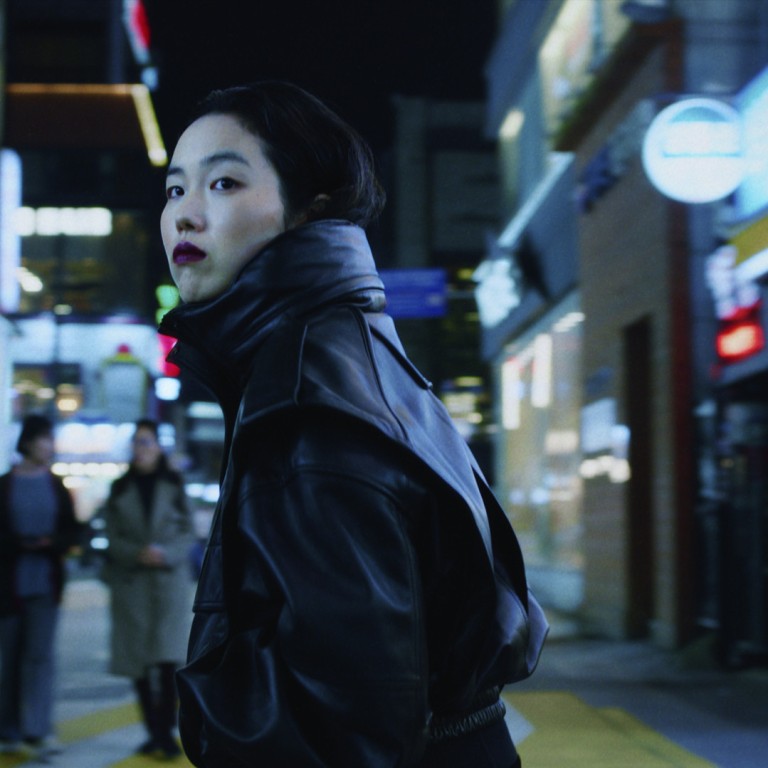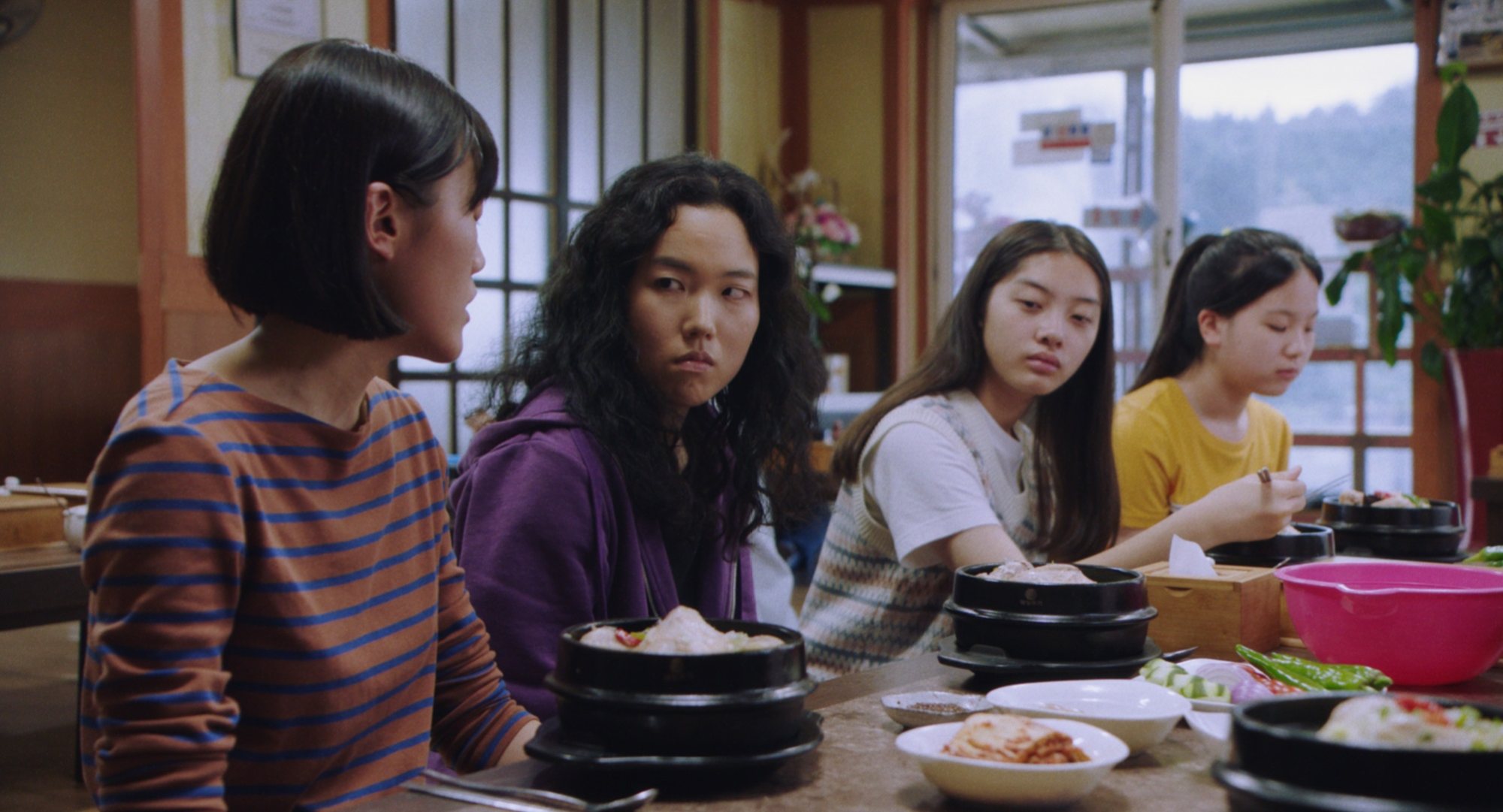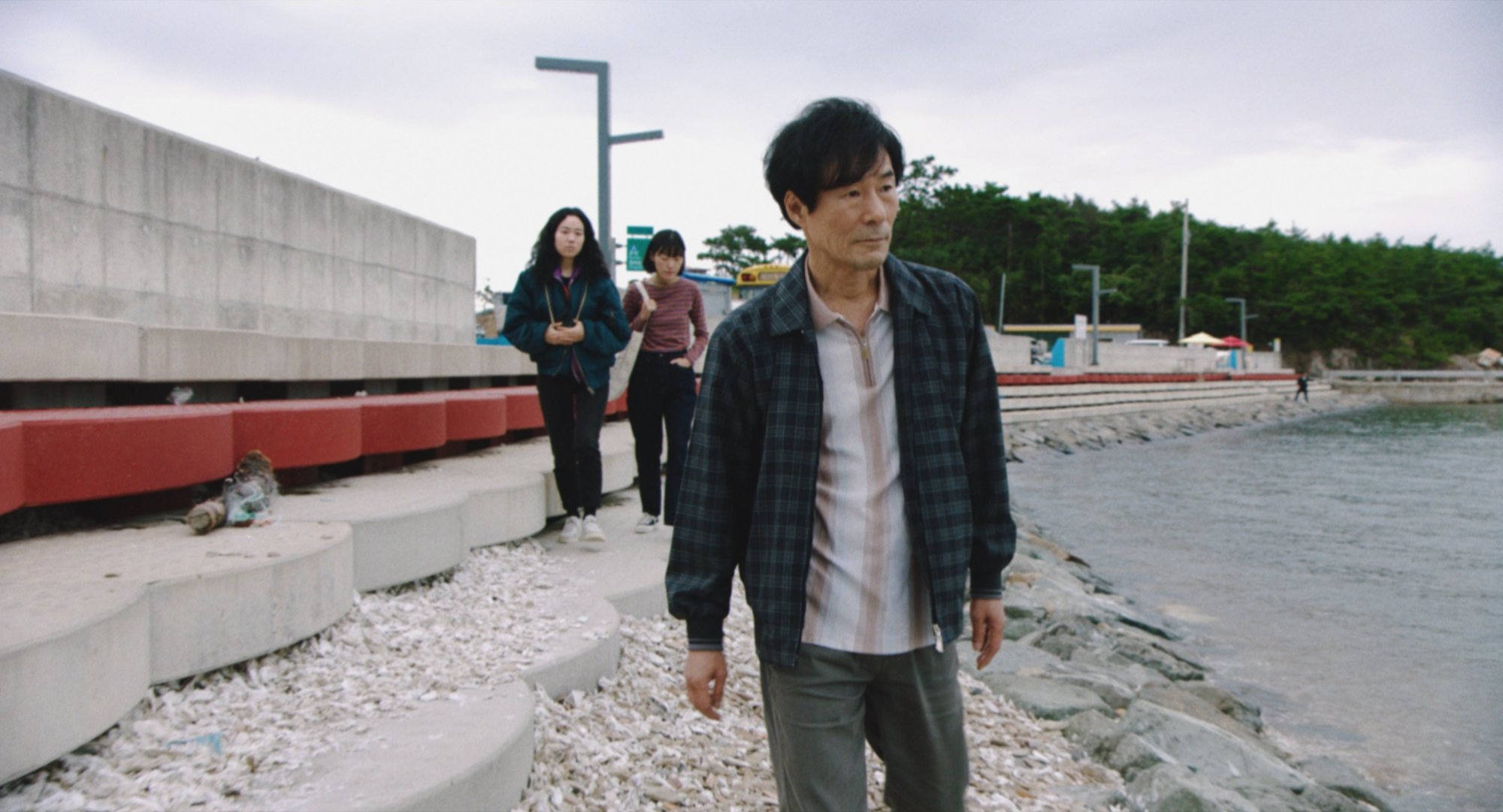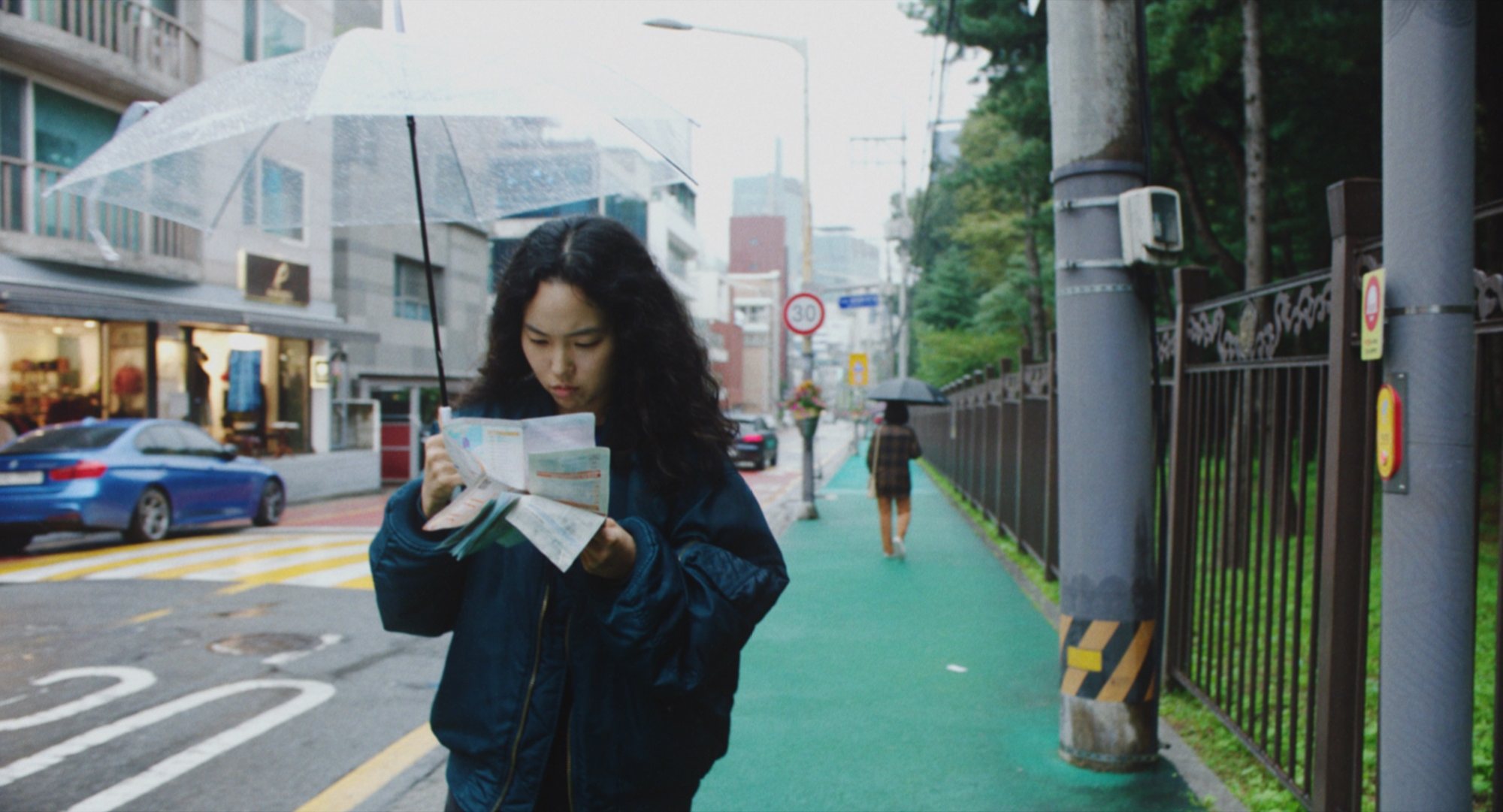
Review | Cannes 2022: Return to Seoul movie review – adopted from South Korea, raised in France, a woman looks for biological parents in Davy Chou’s nuanced tale about searching for one’s past
- Played by Park Ji-min, Freddie discovers she cares a lot more about her roots than she realises after tracking down her biological father in Seoul
- French director Davy Chou’s film steers clear of making South Korea a caricature, while Park delivers a startlingly nuanced performance
4/5 stars
French director Davy Chou’s third feature was, even a week before its premiere at the Cannes Film Festival on May 22, still called All the People I’ll Never Be. While it’s not as snappy as its new title Return to Seoul, maybe, it is perhaps more accurate.
Chou’s film goes beyond its basic premise of a French woman’s meetings with her biological parents in South Korea – it is a broader tale about his protagonist’s attempt to search for her own place in the world.

Initially blasé about her roots – her first trip to Seoul is (or appears to be) the result of a last-minute change in holiday plans – her facade slowly crumbles as she meets her biological father (Oh Kwang-rok). And so begins her on-off relationship with her newly found family across eight years.
Unlike previous films that have touched on the same issue – the 2014 animation Approved for Adoption, for example, or Malene Choi’s docudrama The Return (2018) – Chou’s feature doesn’t reduce its protagonist to someone defined by her racial or national identity.
Freddie’s search for her identity is just as much about gender as it is about culture, and we get to witness her trying to develop an independent, ever-changing persona that is unshackled by sexual stereotypes.

Her macho, male-sounding name – a shortened form of Frederique – gives the game away. It’s something that is brought into sharp focus by how Park (who worked with director Chou for three years to develop her character) portrays Freddie’s bold and dominant exchanges with the meek and uncertain men around her.
In fact, the film could be set anywhere: with the aid of French cinematographer Thomas Favel, the locations – from cheap diners to lavish restaurants, and from the city of Seoul to her biological family’s fishing town – seem to merely be extensions of Freddie’s psychological state.

Though Chou is neither a woman nor a Korean, nor an adoptee, he has managed to find something in Return to Seoul that he clearly connects with, and that resonates with anyone else looking for their own place in the world, too.

